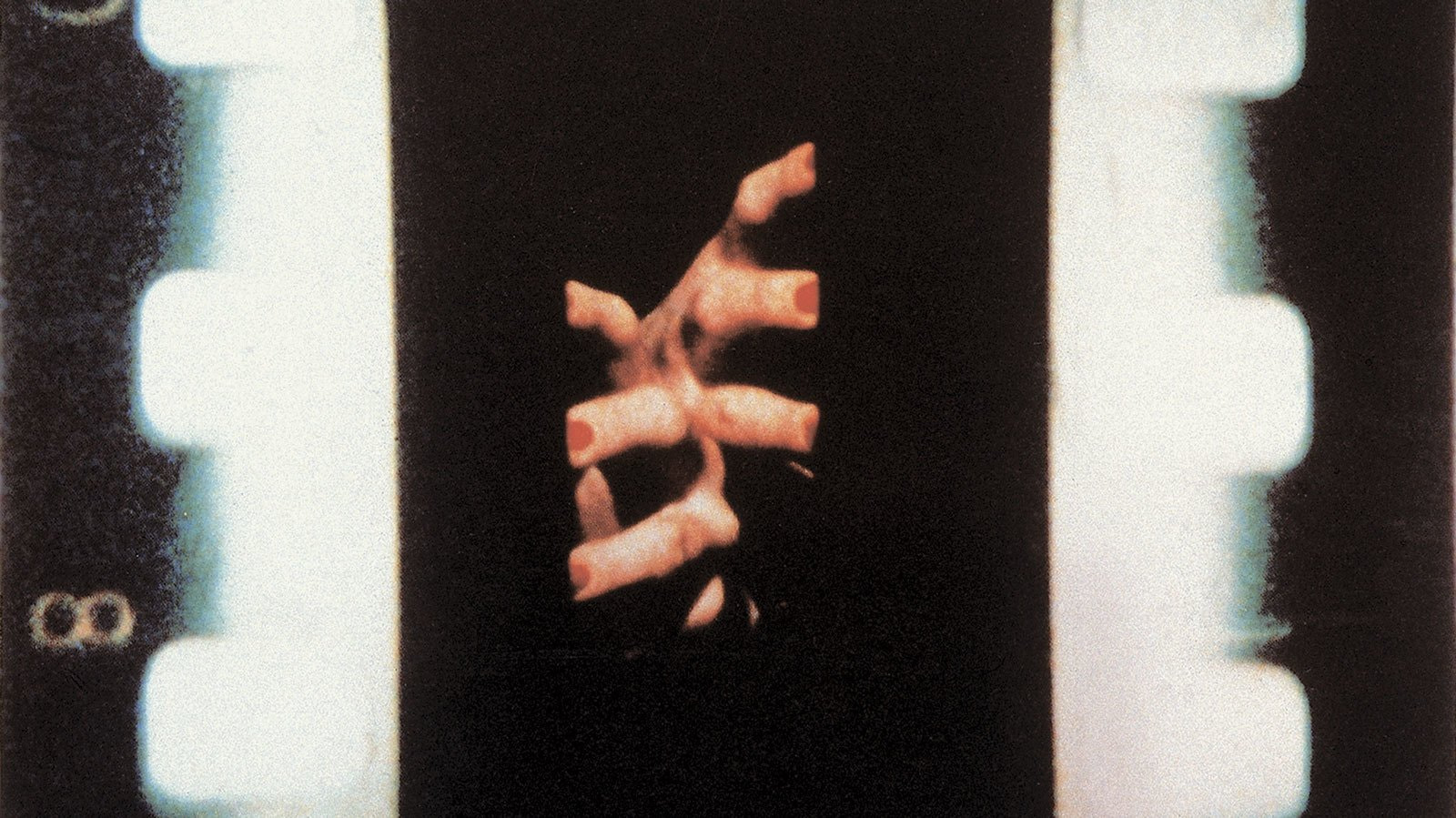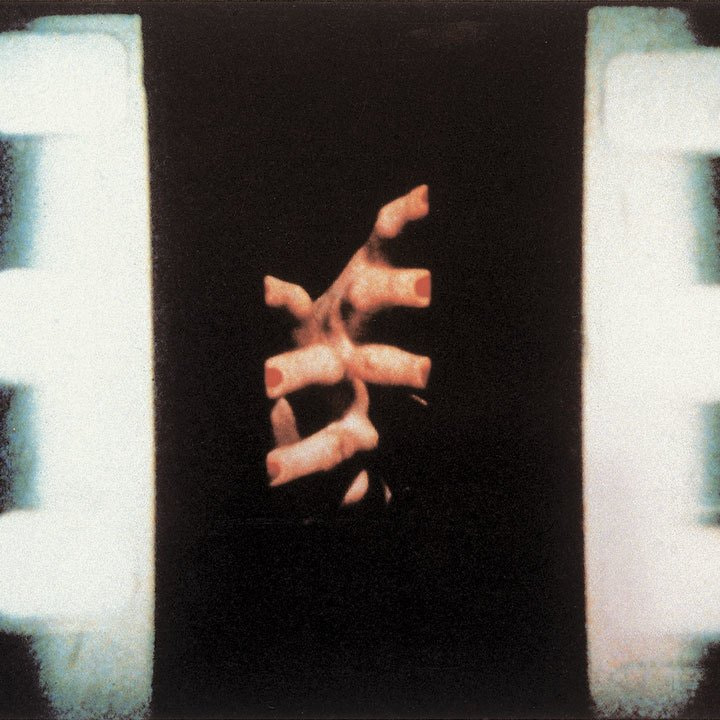The program of films by the classic of art activism and one of the most radical and influential twentieth-century artists VALIE EXPORT features short pictures alongside her debut feature picture Invisible Adversaries.
Cinema is VALIE EXPORT’s key medium as much as performance, installation, and sculpture. The moving imagery allows her to grasp the construction of visual representation of the human body in advertising, mass media, and film. A combination of feminist theory and experimental cinematic approach, VALIE EXPORT’s works explore gender relationships and the position of a woman therein, whose body (using the artist’s own words) has always been a constructor in the hands of men.
VALIE EXPORT (born as Waltraud Lehner in 1940, Linz) is an Austrian artist renowned for her performance and video works that have become paradigmatic examples of feminist art. She studied art and design at the State Higher Federal College of Textile Industry in Vienna and briefly worked as a film director’s assistant. In the mid-1960s, she introduced the concept of Expanded Cinema, became closely connected with the circle of Viennese Actionists, and revealed an interest in feminist theory and the problem of gender conservatism in Austria.
VALIE EXPORT was often blamed by the Austrian press for her radical artistic statements critiquing the patriarchal framework of contemporary society. In 1977, she debuted in feature film with Invisible Adversaries made in collaboration with fellow Austrian artist Peter Weibel. Her second full-length movie, The Practice of Love, was screened at the 35th Berlin Film Festival (1985). VALIE EXPORT is Professor at the Multimedia and Performance Department of Media Art Academy in Cologne since 1995. She lives and works in Vienna.
Adjugated Dislocations
The film investigates the interrelationship of body and social space via diverse, although only possible in the cinematic medium, camera movements.
Adjugated Dislocations
Austria, 1973. 10 min. 18+
I Turn Over the Pictures of My Voice in My Head
In this piece, VALIE EXPORT literally lets her body speak, leading to a naturalistic, as much as poetic video that explores the repressive nature of speech and the phenomenology of voice. The artist’s vocal cords morph into a separate organism while acquiring the ability to speak.
I Turn Over the Pictures of My Voice in My Head
Austria, 2009. 12 min. 18+
The film contains scenes that could be disturbing for sensitive spectators.
Lust
The author reflects upon the changes brought into the regime of our perception of the body by capitalism, where advertising logos placed on famous athletes become a metaphor of new economic relations and the politics of the body.
Lust
Austria, 1986. 12 min. 18+
Interrupted Line
Installed inside a car, the camera follows an intermittent dividing strip of the road and simultaneously its reflection in the rearview mirror. A meditative picture about time and space where the car becomes somewhat a link between the past and the future.
Interrupted Line
Austria, 1971–1972. 9 min. 18+
Syntagma
The movie portrays a woman’s encounter with her own body as a Double. The use of double screen, mirror reflection and photography as her tools allowed the artist to demonstrate woman’s infinite bifurcation under her own, as well as the external, gaze upon her body.
Syntagma
Austria, 1983. 18 min. 18+
Invisible Adversaries
VALIE EXPORT’s debut feature was filmed together with her partner and fellow artist Peter Weibel. The protagonist Anna is a Vienna based photographer who suffers from schizophrenia and believes that the Earth is being invaded by invisible aliens. Parallel to that, she and her lover strive to save their rapidly decaying relationship. The movie is a mix of an almost documentary objectivity with fantasy and schizophrenic projections, blurring the borders between reality and dream, where slow and lengthy camera takes are interrupted by violently edited scenes and still shots, and black and white imagery—with color episodes.
Invisible Adversaries
Austria, 1977. 110 min. 18+


